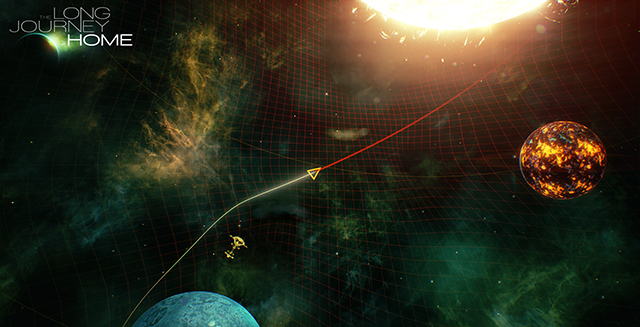In Daedalic’s roguelike adventure, The Long Journey Home, the player and their crew are catapulted across the universe in a freakish accident and must trek back to Earth. But of course, the situation is not that simple. Your crew needs resources to stay alive, other alien races may or may not come in peace, and the path ahead of you has many stops. Despite my survival and roguelike aversion, there was something very compelling about the game.
Creative Director Andreas Suika walked me through the major mechanics. Your ship, populated by a crew of your own choosing, can move from star system to star system in one boost but only over a limited range. To switch galaxies requires use of a stargate [cue music] that may have several criteria in need of consideration before use. In each star system, you can navigate your ship among the planets there, using their local orbits to assist you and save on fuel. Landing on any planet switches to a 2.5D perspective where your little moon lander can find items of note or other sentient beings.
In the scenario Suika showed me, we found a curious alien who needed a ride back to its home planet, which was in another galaxy. He claimed that we would be rewarded handsomely by his people, though of course, there’s no real way to know. Still, opting for charity, we decided to give him a ride. The other members of the crew were distrustful and disgusted with him, exhibiting little diplomacy. When we inevitably tried to use a gate to leave the galaxy, the alien leaders controlling it took notice of our little commuter and offered a deal: give them the passenger or pay 5000 credits to use the gate. As Suika expressed to me, that’s a lot of money to gather.
Ultimately, in order to proceed with the demo, we betrayed our friend and got the hell out of there. What impact that could have down the line with his race is yet to be seen. Although every playthrough of The Long Journey Home is procedurally generated and will thus be different, the alien races themselves are a constant. What this means for players is that they can learn over multiple tries how each one will react to different events, and who is worth trusting. This has something of a Groundhog Day feel for me, with players being able to manipulate their knowledge to get to their conclusion rather than just subjecting themselves to the unknowable odds.
I asked if the story itself had any funnel points, story beats that players must absolutely play through in order to reach Earth, and it turns out that there aren’t any. Suika really stressed that every player will have a unique time and the story they experience is theirs to make. Should you take as direct a path home as possible, or is it worthwhile to see what’s happening in every star system? This kind of self-interrogation will be key to enjoyment of the game. You’ll be able to make your decisions on the subject in the Fall of this year on PC, Playstation 4, or Xbox One.
The Long Journey Home
-
The Long Journey Home #1
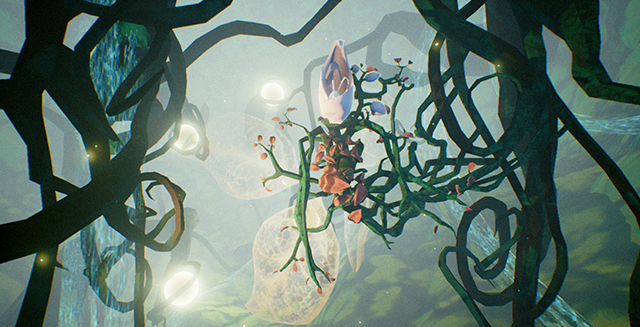
-
The Long Journey Home #2
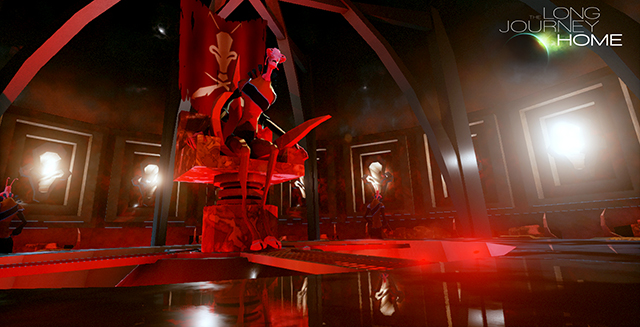
-
The Long Journey Home #3
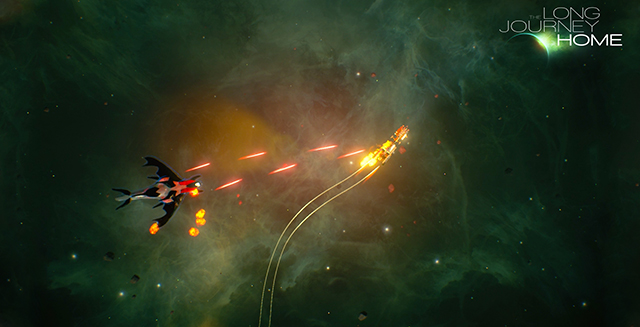
-
The Long Journey Home #4
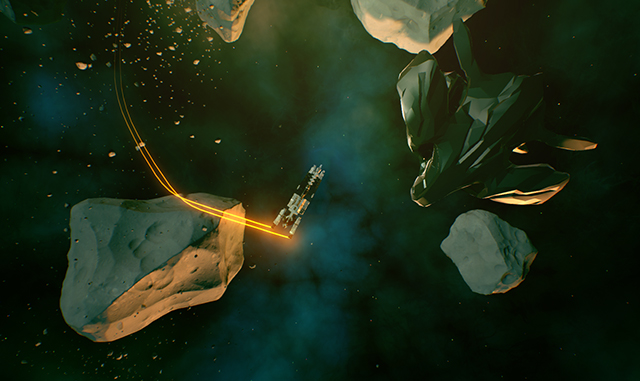
-
The Long Journey Home #5
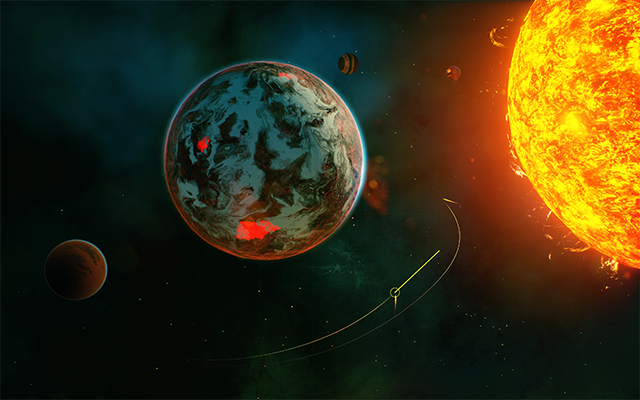
-
The Long Journey Home #6
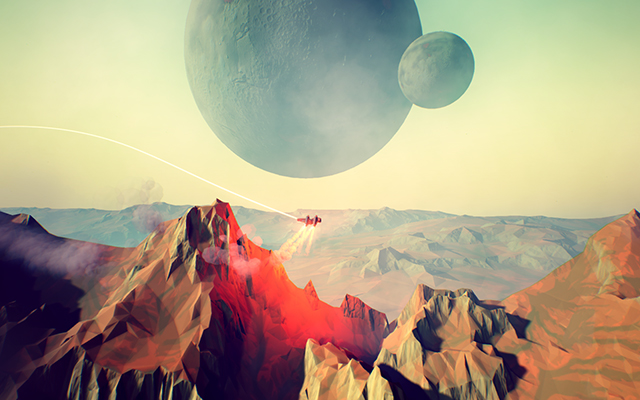
-
The Long Journey Home #7
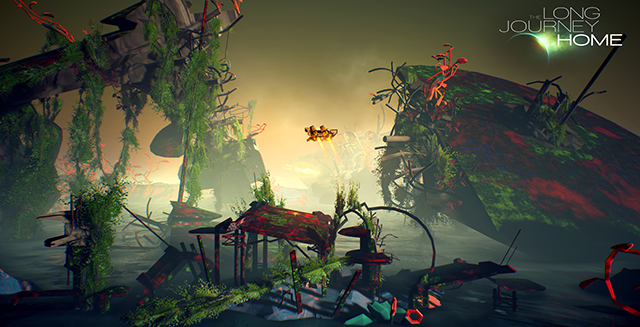
-
The Long Journey Home #8
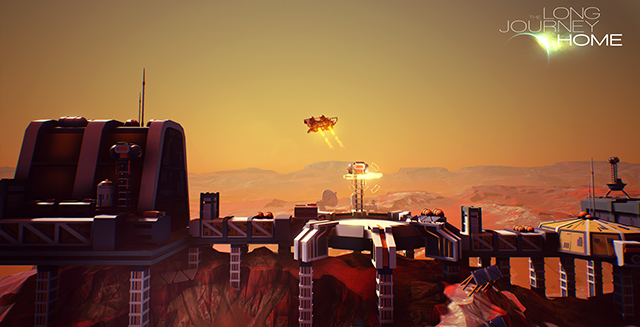
-
The Long Journey Home #9
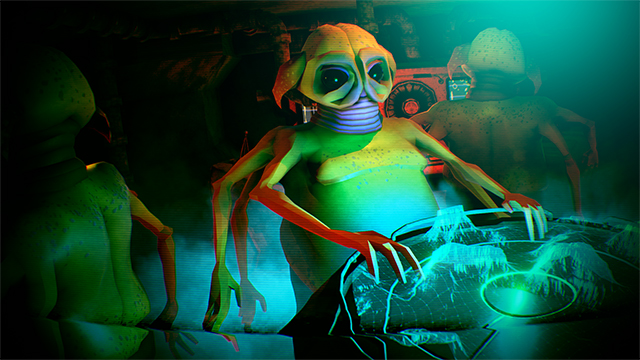
-
The Long Journey Home #10
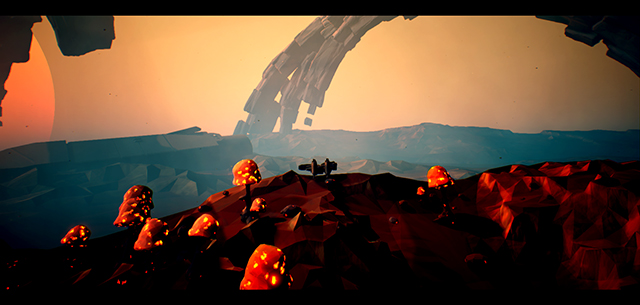
-
The Long Journey Home #11
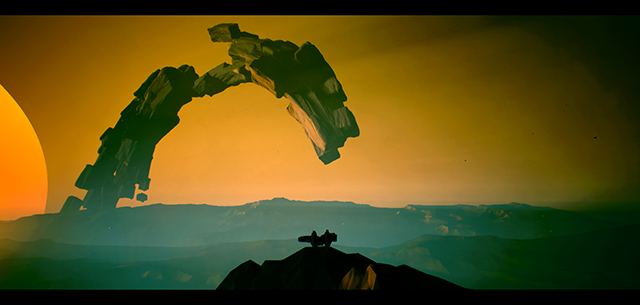
-
The Long Journey Home #12
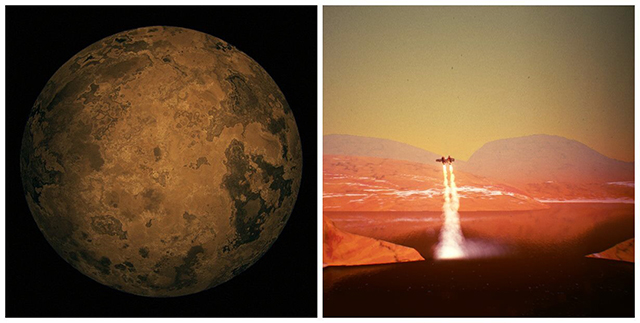
-
The Long Journey Home #13
